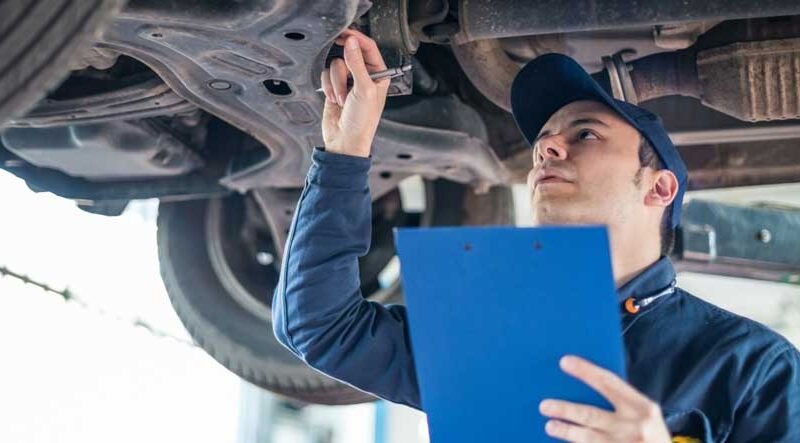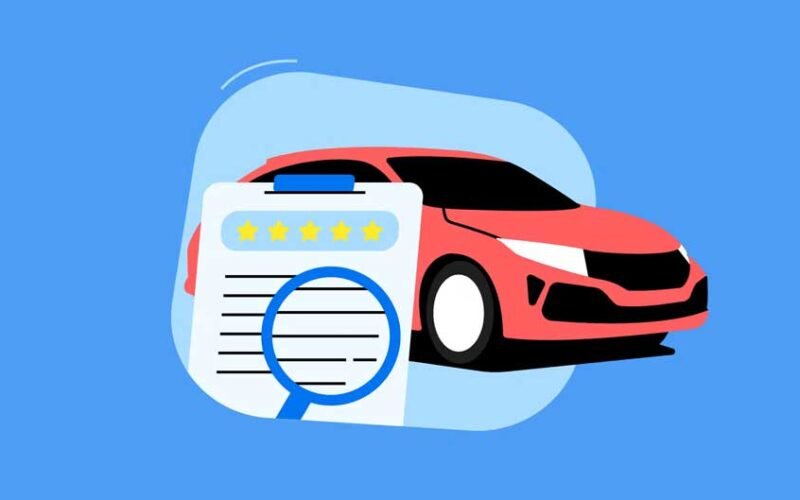Purchasing a used car can be a smart financial decision—one that offers significant savings compared to buying new. However, it also requires a more cautious and informed approach, especially when dealing with dealerships. While most reputable dealers follow standard industry practices, buyers need to understand the used car inspection requirements before committing to a purchase. Whether you’re exploring options online or walking into used car dealers Mobile, AL, being aware of inspection protocols can help you avoid costly surprises down the road. This guide will walk you through everything you need to know about used car inspections when buying from a dealer, including what to check, what to ask for, and how to protect your investment.
Why Used Car Inspections Are Important
When purchasing a used vehicle, you’re essentially buying a car with a history. That history might include previous accidents, wear and tear, mechanical issues, or deferred maintenance. A thorough inspection allows you to uncover potential problems before they become your responsibility. It’s also a tool for negotiation—if a car needs repairs, you may be able to use that information to lower the price or request that the dealership address the issue before the sale is finalized.
An inspection offers peace of mind, ensuring the vehicle you’re considering is safe, reliable, and worth the investment.
Dealer vs. Independent Inspections
When buying from a dealership, you’ll often find that the car has undergone an internal inspection. However, not all dealer inspections are equally thorough. Understanding the difference between a dealer-provided inspection and an independent inspection is key.
Dealer Inspections: Most dealerships perform a basic multi-point inspection to assess the condition of the vehicle. This may include checking fluid levels, tires, brakes, and lights. Some certified pre-owned (CPO) programs have rigorous inspection standards, usually backed by the manufacturer.
Independent Inspections: This involves hiring a third-party mechanic to perform a comprehensive inspection. It can be done at the mechanic’s shop or on-site using mobile inspection services. Independent inspections are especially valuable because they are unbiased and focus solely on protecting the buyer’s interest.
What a Thorough Used Car Inspection Should Cover
A proper used car inspection should go well beyond just a quick glance under the hood. Here are the key areas that should be reviewed:
Exterior Condition:
- Paint quality and consistency (indicating potential repainting or accident repair)
- Signs of rust, dents, or scratches
- Condition of tires (tread depth, even wear, manufacturing date)
- Glass condition (windshield cracks or chips)
Interior Condition:
- Functionality of electronics (radio, infotainment system, lights)
- Seat condition (tears, stains, or unusual wear)
- HVAC system performance
- Window and door operation
Under the Hood:
- Engine leaks or strange noises
- Fluid levels and conditions (oil, coolant, brake, transmission)
- Battery health and terminals
- Belts and hoses for cracks or wear
Under the Vehicle:
- Suspension condition
- Signs of oil or fluid leaks
- Brake lines and components
- Frame damage or corrosion
Test Drive Inspection:
- Transmission behavior (smooth shifting, no hesitation)
- Engine responsiveness
- Brake performance
- Alignment and steering precision
- Dashboard warnings or indicators
Certified Pre-Owned (CPO) Inspections
Buying a certified pre-owned vehicle from a dealer adds a layer of protection. CPO vehicles have passed a comprehensive manufacturer-approved inspection and often come with a limited warranty and other benefits. Each automaker has its own inspection checklist, but common requirements include:
- No frame damage
- Low mileage (usually under 80,000 miles)
- Clean title and vehicle history
- Must pass a 100+ point inspection covering major systems and components
While CPO vehicles tend to cost more than non-certified used cars, they offer increased assurance of quality and often include extras like roadside assistance, free maintenance for a limited time, and extended warranties.
What to Ask the Dealer Before Buying
Being proactive and asking the right questions can uncover important information. Here are key questions to ask any dealership before buying a used car:
- Has the car been inspected? Can I see the report?
- Is this car part of a certified pre-owned program?
- Can I take the car to a mechanic for an independent inspection?
- Has the car ever been in an accident?
- Are there any open recalls on this vehicle?
- What kind of warranty, if any, comes with the car?
A trustworthy dealership should be transparent with this information and support your right to have the car independently inspected.
Understanding the Vehicle History Report
Dealers typically provide a vehicle history report from services like CARFAX or AutoCheck. While not a replacement for a physical inspection, this report can offer insights into the car’s past, including:
- Accident and damage history
- Odometer readings
- Title issues or salvage history
- Maintenance and service records
- Ownership history
Reviewing this report before inspection can alert you to red flags or areas that require closer scrutiny during the mechanical evaluation.
Your Rights as a Consumer
In many states, dealers are legally required to disclose known defects and ensure a car meets minimum safety standards before sale. Some states also offer “lemon laws” or “used car warranties” that protect buyers in the event of major mechanical failure shortly after purchase.
It’s important to know your rights when buying a used vehicle:
- You may have a right to a return or repair if the car has a significant defect shortly after purchase
- Dealers may be required to provide a warranty, depending on the car’s age and mileage
- You can often cancel the sale if you discover the dealer misrepresented the vehicle
Research your local laws or consult a consumer protection agency if you’re unsure.
Benefits of Performing an Independent Inspection
Even if a dealership performs an inspection, hiring your own mechanic is wise for several reasons:
- Unbiased Opinion:Independent mechanics work for you, not the dealership.
- More Detailed Review:Dealership inspections may gloss over minor issues.
- Leverage in Negotiation:If the inspection reveals any issues, you can negotiate the price or request repairs.
- Peace of Mind:Knowing a trained professional has signed off on the car’s condition can boost confidence in your purchase.
A pre-purchase inspection typically costs between $100 and $200, but it could save you thousands in potential repairs.
Red Flags to Watch Out For
Not all used cars are good deals. Be wary if:
- The dealer won’t allow an independent inspection
- The car has an incomplete or missing service history
- You notice cosmetic cover-ups like fresh paint or undercoating (may hide rust or damage)
- The price seems too good to be true compared to similar models
- Multiple dashboard warning lights are active
These red flags may indicate hidden issues or a seller trying to move a problematic vehicle.
The Role of Lemon Laws and Warranty Protections
Lemon laws vary by state but generally offer legal recourse if your used car experiences serious problems shortly after purchase. In addition, many dealerships provide a limited warranty, such as a 30-day or 1,000-mile powertrain warranty.
Be sure to get any warranty promises in writing, including what is covered, for how long, and what your responsibilities are. Some dealers also offer extended service contracts for added peace of mind.
Conclusion
Buying a used car from a dealer can be a smooth and rewarding experience—but only if you take the right steps to protect yourself. Whether you’re browsing at a local lot or visiting a reputable Pompano Beach car dealership, insisting on a thorough inspection is one of the smartest decisions you can make. From understanding what to look for, to knowing your legal rights, to hiring an independent mechanic, these steps will help ensure your investment is a sound one. By doing your homework and staying vigilant, you can drive away in a reliable, well-inspected used vehicle that meets both your expectations and your budget.










